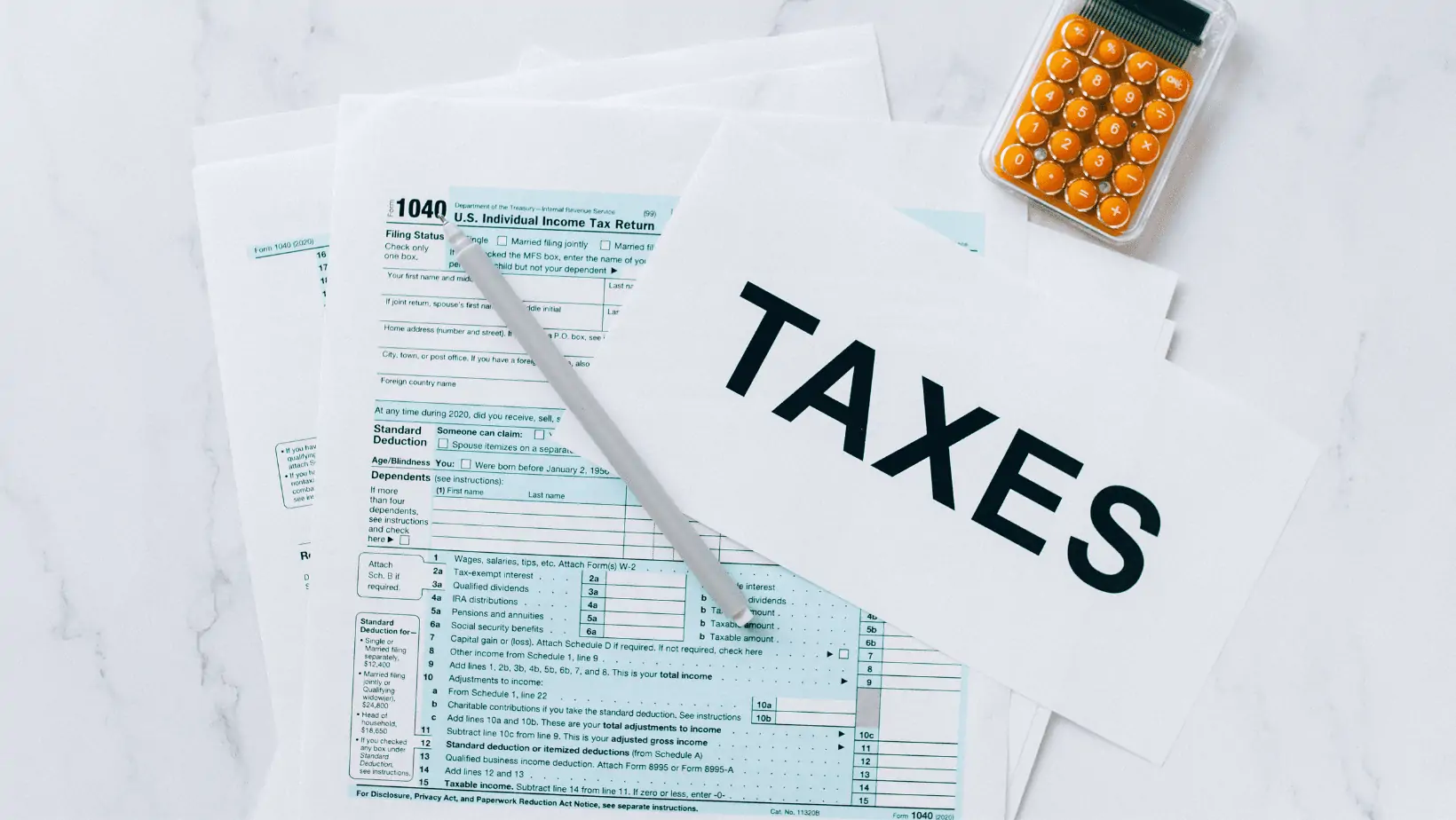
The South African Revenue Service (SARS) has been imposing administrative penalties on taxpayers’ accounts, regardless of whether they meet the criteria for filing a tax return or not. This move has sparked a flurry of questions and concerns among taxpayers, particularly those who have left South Africa and are receiving penalty notices.
An Admin Penalty is a penalty imposed under Section 210 of the Tax Administration Act (TAA). The Act prescribes the different types of offences for which administrative penalties are assessed. Taxpayers who fail to file and pay their tax returns on time are levied interest for late filing or failure to file.
In 2023 alone, SARS imposed penalties totalling R381 million on 690,000 taxpayers for late returns. This move has raised eyebrows, especially among taxpayers who earn less than a certain threshold – currently R500,000 – and receive only income from which Pay As You Earn (PAYE) tax was deducted. These taxpayers are exempt from filing returns, yet many are being penalised for failing to do so.
Taxpayers have the right to request a waiver on reasonable grounds within 30 working days of the notice being issued. A Request for Remission (RFR) can be submitted when a taxpayer disputes any penalty levied due to non-compliance. This can be done by navigating to the penalty statement via your SARS e-Filing account.
However, it’s important to note that SARS will force you to fix the default even if they are incorrect in demanding it. Therefore, it’s crucial to file your returns to demonstrate that you do not owe any tax and then request a remission of the penalties.
For taxpayers who have moved out of South Africa and have an eFiling account, it’s advisable to formalise tax emigration with SARS. This is because you are not automatically classified as a non-tax resident when you leave South Africa. If you do not formally declare yourself as a tax non-resident, SARS will automatically classify you as a South African tax resident.
Once you have completed your final tax return for your South African-sourced income and received your non-residency letter from SARS, you should deactivate your South African tax number. This tells SARS that you no longer have any taxable assets or income streams from South Africa, and do not expect any in the foreseeable future, and therefore do not need to file a tax return until something changes.
The recent move by SARS to impose admin penalties has underscored the importance of understanding your tax obligations, whether you’re a resident or non-resident. It’s crucial to stay informed about the latest tax regulations and take necessary steps to ensure compliance. If you’re unsure about your tax status or need assistance with tax-related matters, consider seeking professional advice.
Remember, staying informed and proactive can save you from unnecessary penalties and ensure a smooth tax filing process.
This website uses cookies.